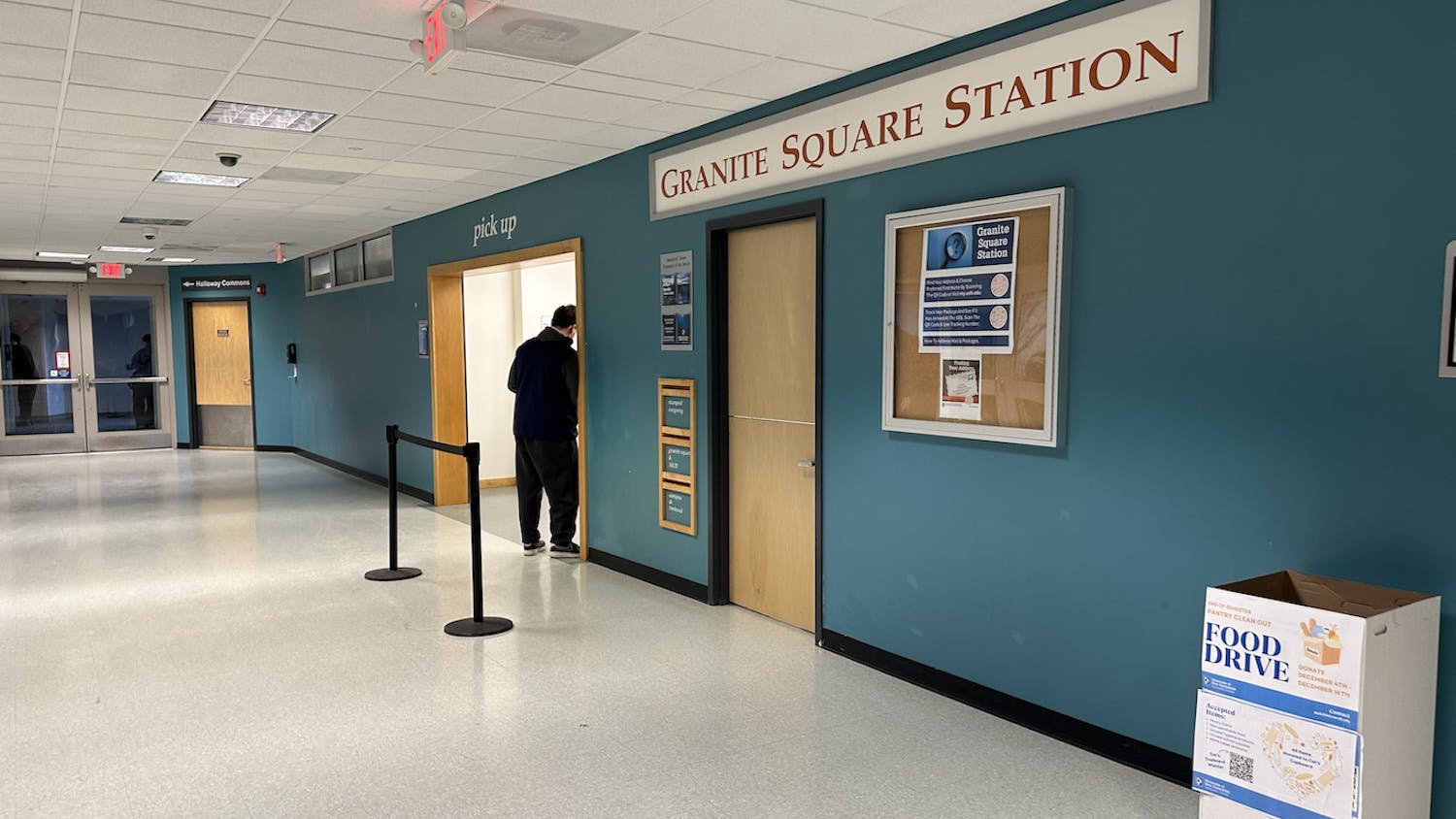The battle for the Democratic presidential nomination between former Secretary of State Hillary Clinton and Sen. Bernie Sanders continues with tonight’s 9 p.m. debate at the Johnson Theatre on campus.
With Clinton edging Sanders by a nose hair in the Iowa caucus Monday, both candidates (should) have shifted their attention to the next significant—if not the most important—event on the road to the Democratic presidential nomination: the New Hampshire primary election.
The key to making the most out of tonight’s debate will be appealing to an important demographic of New Hampshire voters: students at UNH and other campuses across the state. And the numbers back it up.
The Wall Street Journal reported some interesting figures about voter demographics in Iowa.
According to the WSJ, 84 percent of voters under age 29 voted for Sanders in Iowa whereas Clinton garnered a meager 14 percent.
However, the 74-year-old Sanders, who is six years Clinton’s senior, fared worse amongst voters in Iowa over the age of 65, with the candidates drawing 26 and 69 percent, respectively. How’s that for ironic.
The numbers regarding voters with and without college degrees are also noteworthy. Fifty-eight percent of those with a high school education or less chose Clinton, compared to 39 percent for Sanders. Voters with some college or an associate’s degree opted for Sanders over Clinton by a count of 52 to 42 percent, respectively. The two split the vote amongst Iowan college grads, with 48 percent a piece. Lastly, Clinton walloped Sanders 53 to 39 percent for those with postgraduate study.
We begin to make sense of these numbers when we take into account that 82 percent of total voters partaking in the 2016 Iowa caucus had been listed as having attended at least “some college.”
If these numbers hold true in New Hampshire, then tonight’s debate has some serious implications, especially since it’s held in Durham, New Hampshire’s flagship college town.
Don’t be surprised if MSNBC’s moderator, Chuck Todd, keys in on the fact that the candidates are debating on a university campus and focuses at least some questions on issues relevant to college students.
Granted, it is a national debate and will have a large television audience across the country. Nonetheless, expect the candidates to pay extra special attention to educational reform, student debt, job growth and climate change.
As of the latest CNN/WMUR poll published on Jan. 31, Sanders has an enormous lead over Clinton, claiming a projected 58 percent of likely voters to Clinton’s 24.
Clinton will have the opportunity to make up some ground on Sanders if she can appeal to the younger population with whom Sanders has strong support. On the other hand, Sanders has the opportunity to secure a strong victory over the former Yale Law School valedictorian in New Hampshire.
The candidate that is able to successfully appeal to the young voters in college or under the age of 29 with some college experience will reap the biggest benefit in the polls come Tuesday, Feb. 9.
As for now, The New Hampshire is enthused to be a part of the media covering this national event with such large implications on the road to the Democratic nomination for president.













